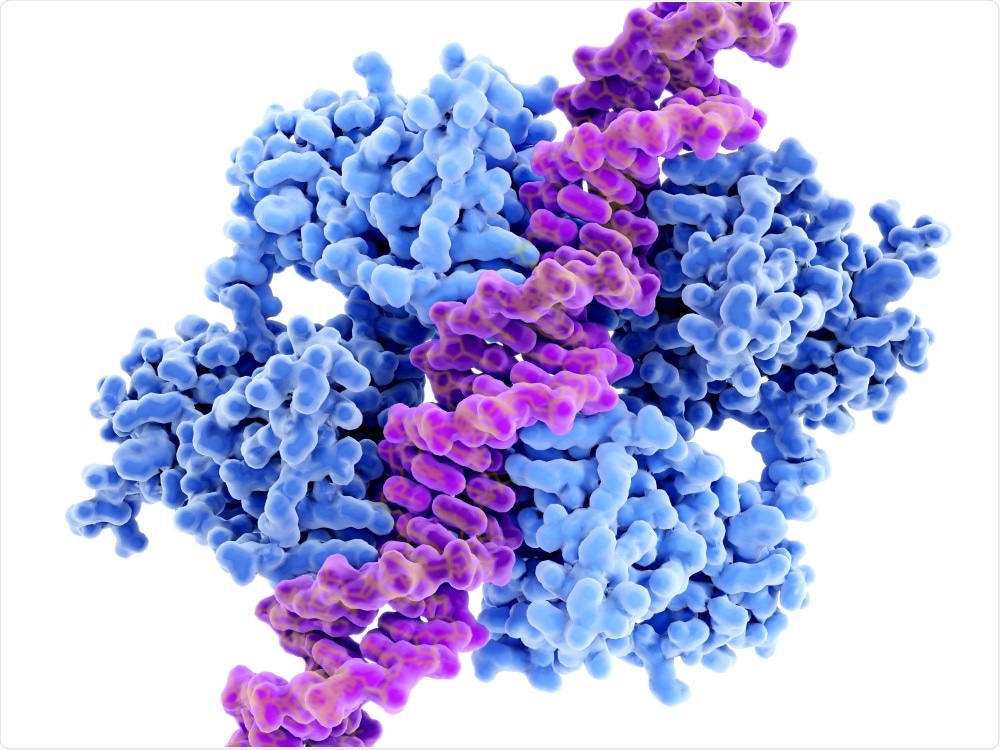
Not all P53 mutations cause skin cancer
Today, scientists have explained for the first time why not all mutated skin cells develop into cancer.
 Image Credit: Juan Gaertner / Shutterstock
Image Credit: Juan Gaertner / ShutterstockSkin cancer is the most common type of human cancer, with over 1 million people in the US being diagnosed with the condition every year.
It develops when lesions on the skin caused by exposure to the sun begin to grow out of control and form tumours.
The vast majority of skin cancers are basal cell carcinomas and squamous cells carcinomas. These are unlikely to spread to other parts of the body and can be easily treated.
There are over 140,000 new cases of these non-melanoma skin cancer each year in the UK. In addition, a small but significant number of skin cancers are malignant melanomas.
These are a highly aggressive type of skin cancer that can spread to other parts of the body and may be fatal if not treated early.
Although anybody whose skin has been exposed to sunlight will have many mutated cells in their skin, not everybody develops skin cancer.
The skin becomes a patchwork containing numerous different colonies of mutated cells, but only very few of these will become cancerous.
Until recently, it was not understood why some skin mutations develop into cancer whilst others remain benign.
Through their research on genetically engineered mice, researchers at the University of Cambridge have shed some light on how some mutations do not interfere with normal skin function.
They showed, for the first time, that mutated cells in the skin grow to form clones that compete against each other.
Similar to the natural selection theory of evolution, only the fittest clones survive. The majority of mutant clones are wiped out by other more robust clones.
During this battle of the clones, the skin tissue manages to continue functioning normally, despite the increasing number of mutant skin cells.
When a mutant version of the p53 gene, a key driver in non-melanoma skin cancers, was activated in a mouse model, the mutant cells expressing the altered p53 protein had an advantage over their normal neighbours.
The mutated cells grew rapidly, spread and took over the skin tissue, which became thicker in appearance.
However, after six months the skin returned to normal and there was no visual difference between normal skin and mutant skin.
Exposure of the skin of mice with the altered p53 gene to UV resulted in even faster growth of the mutated cells.
After UV radiation, the p53 mutated cells grew to the size observed over 6 months in non-UV radiated clones over only a few weeks. Despite the faster rate of growth, the cells did not become cancerous.
The new findings suggest that normal human skin is more resilient to cancer than previously thought.
Sources:
Kasumi Murai et al. Epidermal tissue adapts to restrain progenitors carrying clonal p53 mutations. Cell Stem Cell 2018. DOI: 10.1016/j.stem.2018.08.017



































No hay comentarios:
Publicar un comentario